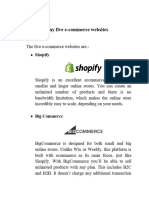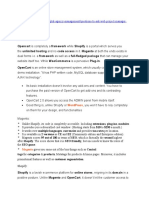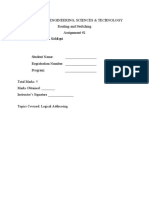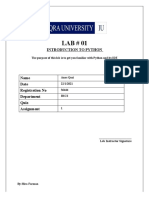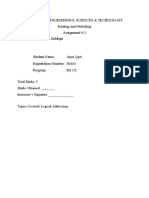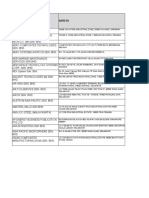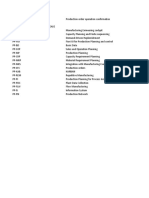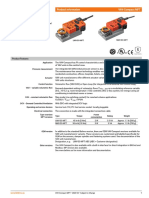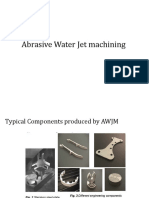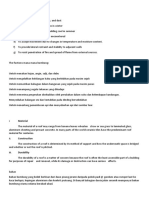0% found this document useful (0 votes)
206 views12 pagesE-Business Lab Assignment 1
The document discusses the advantages of using a content management system (CMS). The key advantages mentioned are that CMS makes websites easier to manage and update for non-technical users, allows for quick deployment of sites, and reduces maintenance costs through features like automatic updates and a large number of available plugins and extensions. CMS also improves search engine optimization and provides developer and user community support.
Uploaded by
Maryam QaziCopyright
© © All Rights Reserved
We take content rights seriously. If you suspect this is your content, claim it here.
Available Formats
Download as DOCX, PDF, TXT or read online on Scribd
0% found this document useful (0 votes)
206 views12 pagesE-Business Lab Assignment 1
The document discusses the advantages of using a content management system (CMS). The key advantages mentioned are that CMS makes websites easier to manage and update for non-technical users, allows for quick deployment of sites, and reduces maintenance costs through features like automatic updates and a large number of available plugins and extensions. CMS also improves search engine optimization and provides developer and user community support.
Uploaded by
Maryam QaziCopyright
© © All Rights Reserved
We take content rights seriously. If you suspect this is your content, claim it here.
Available Formats
Download as DOCX, PDF, TXT or read online on Scribd
/ 12




